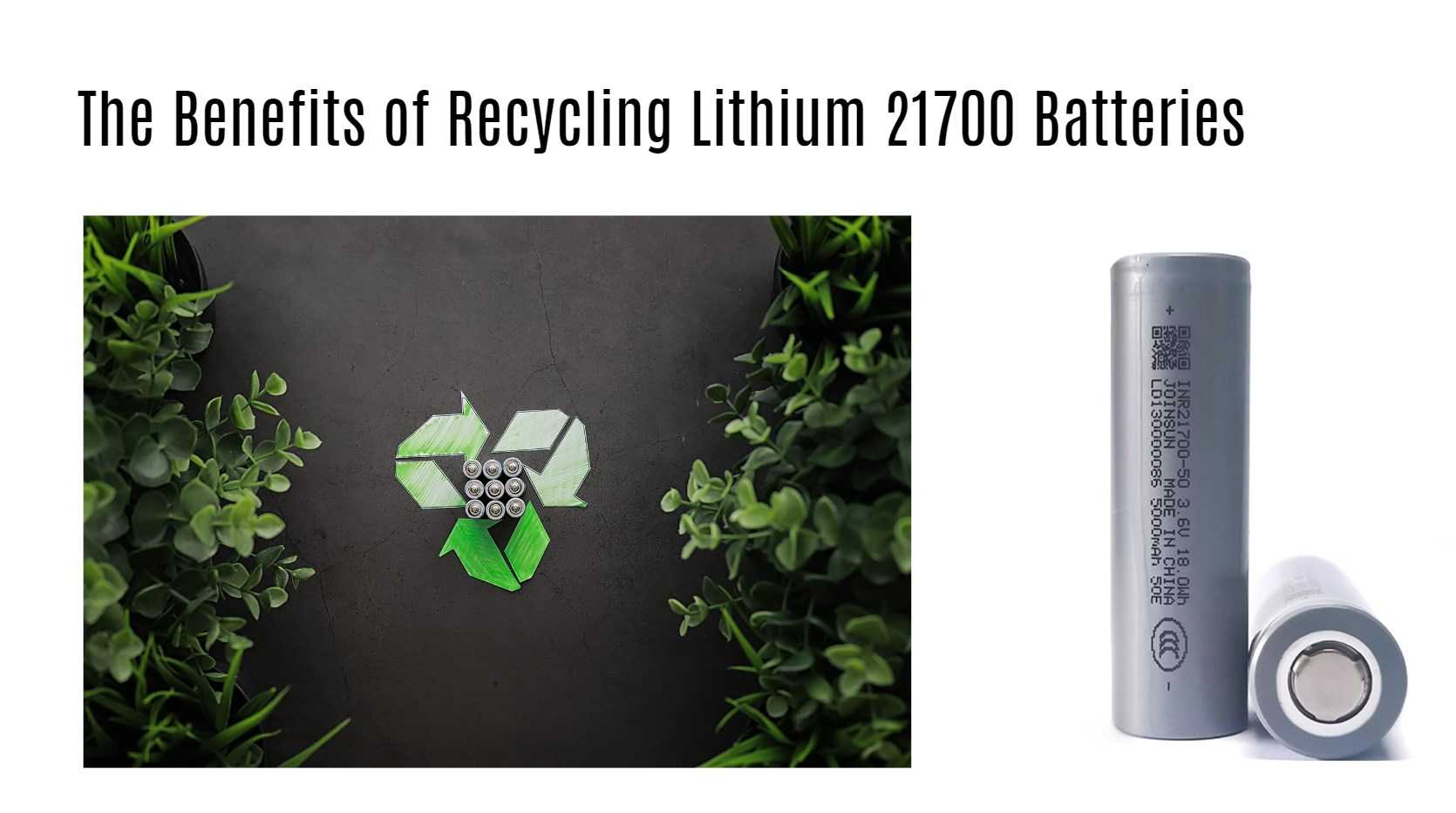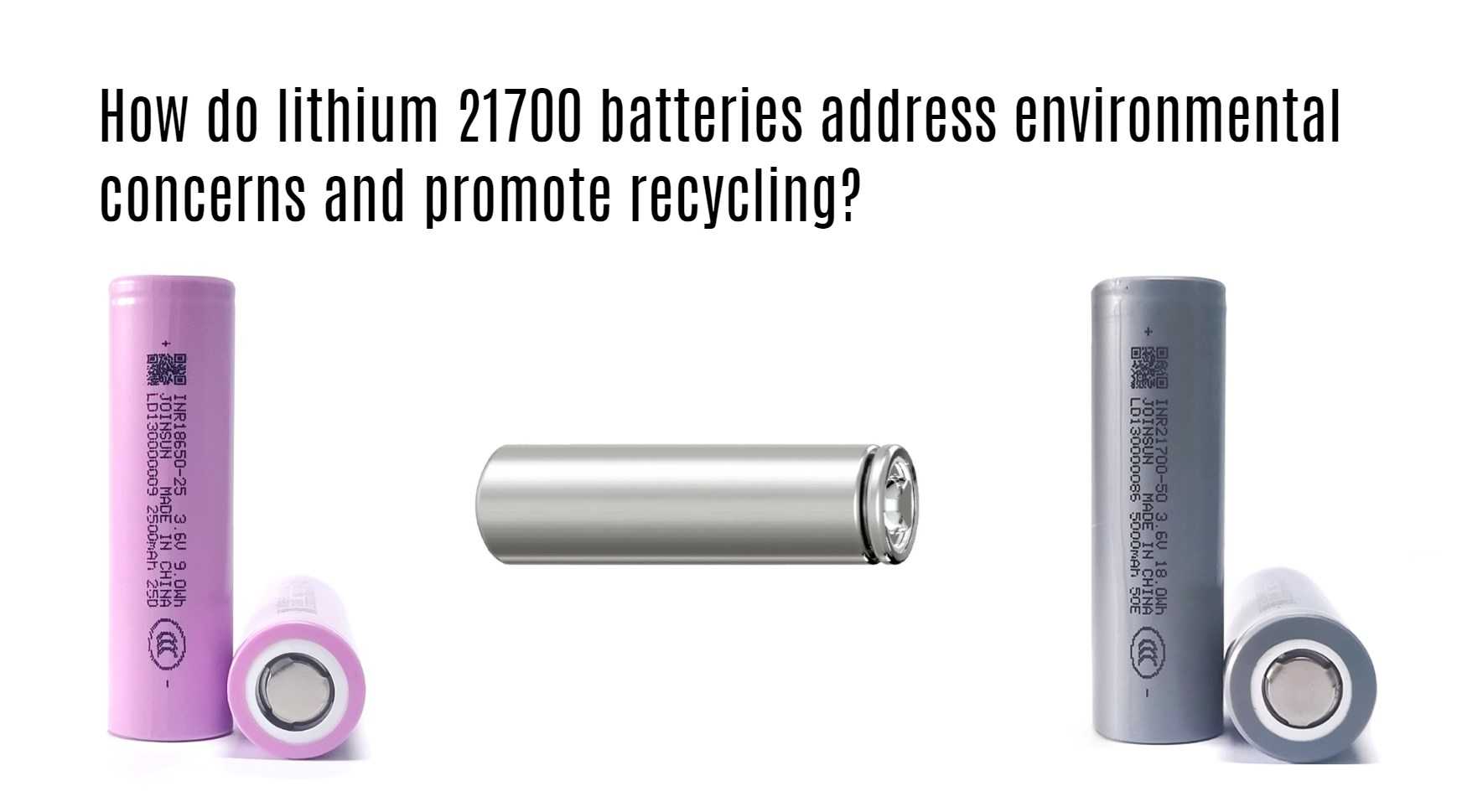In today’s rapidly evolving technological landscape, lithium 21700 batteries have emerged as a key player in powering modern devices and vehicles. As the world increasingly prioritizes sustainability, understanding the environmental implications of these batteries and promoting effective recycling practices are essential. This comprehensive guide delves into the specifics of lithium 21700 batteries, their environmental benefits, and best practices for recycling them to foster a greener future.
What Are Lithium 21700 Batteries?
Dimensions and Design
Lithium 21700 batteries are named after their dimensions: a diameter of 21mm and a length of 70mm. These batteries represent a significant advancement in battery technology, offering higher energy densities and improved performance over their predecessors. Their design is tailored for applications requiring substantial power and longer usage times.
Advantages Over Traditional Batteries
- Increased Capacity: The larger size of the 21700 battery allows it to store more energy, translating to extended power availability for devices such as electric vehicles (EVs), high-performance electronics, and renewable energy storage systems.
- Enhanced Discharge Rates: Compared to smaller lithium-ion cells, the 21700 can deliver higher discharge rates, making it suitable for applications that demand rapid bursts of energy or sustained high performance.
- Improved Safety Features: Equipped with advanced thermal management systems and built-in protection circuits, these batteries minimize risks associated with overcharging and overheating, thereby enhancing safety and longevity.
Environmental Benefits of Lithium 21700 Batteries
Reduced Carbon Footprint
Lithium 21700 batteries offer significant environmental benefits compared to traditional battery technologies. They generate fewer greenhouse gases during production and usage, contributing to a lower carbon footprint. By relying on lithium, these batteries help in reducing air pollution and mitigating climate change impacts.
Support for Renewable Energy
Lithium 21700 batteries play a crucial role in advancing renewable energy technologies. They provide efficient storage solutions for energy generated from renewable sources such as solar panels and wind turbines. By storing excess energy during peak production times, these batteries ensure that renewable energy can be utilized during periods of high demand or when renewable sources are unavailable.
Resource Efficiency
Lithium 21700 batteries are designed to enhance resource efficiency through their recyclable nature. Although lithium extraction can have ecological impacts, recycling helps mitigate these effects by recovering valuable materials. This process not only conserves natural resources but also minimizes the negative environmental impacts associated with mining and extraction.

The Benefits of Recycling Lithium 21700 Batteries
Conservation of Resources
Recycling lithium 21700 batteries allows for the recovery and reuse of valuable materials such as lithium, cobalt, and nickel. By reclaiming these materials, we reduce the need for new raw materials, thereby preserving natural resources and lowering the environmental impact associated with mining and extraction.
Reduction in Environmental Pollution
Proper recycling prevents lithium 21700 batteries from ending up in landfills or being incinerated. Disposing of batteries through these methods can lead to pollution as harmful chemicals leach into soil and water, or toxic fumes are released into the air. Recycling ensures that these hazardous substances are managed safely, reducing environmental contamination.
Lower Greenhouse Gas Emissions
The recycling process reduces the energy required for new battery production. By reusing materials from old batteries, we cut down on the carbon dioxide emissions associated with mining, refining, and manufacturing new battery components. This contributes to a reduction in the overall greenhouse gas emissions.
Promotion of Circular Economy
Recycling lithium 21700 batteries supports a circular economy by extending the lifecycle of battery components. This approach minimizes waste and promotes sustainable consumption patterns, fostering a more resource-efficient and environmentally friendly economic model.
How to Recycle Lithium 21700 Batteries
1. Identify Recycling Programs
Start by identifying local recycling programs and facilities that accept lithium 21700 batteries. Many cities have dedicated electronic waste recycling centers or special collection programs for batteries.
2. Handle Batteries Safely
Handle lithium 21700 batteries with care to avoid leaks or short circuits. Use protective gloves and place each battery in a separate plastic bag before recycling.
3. Locate Drop-off Points
Find designated drop-off points for battery recycling. Electronics stores, battery retailers, and community collection events often provide convenient locations for disposing of used batteries.
4. Follow Recycling Guidelines
Adhere to specific guidelines provided by recycling centers regarding the preparation and packaging of batteries. Proper adherence ensures that batteries are processed efficiently and safely.
5. Utilize Manufacturer Take-back Programs
Check if the manufacturer of your lithium 21700 batteries offers a take-back program. Many companies have initiatives for collecting and recycling used batteries, which helps streamline the recycling process.
Conclusion
Lithium 21700 batteries represent a significant advancement in battery technology, offering enhanced performance and efficiency. Their environmental benefits are notable, from reducing carbon footprints to supporting renewable energy storage. However, to fully realize these benefits, responsible recycling practices are essential. By recycling lithium 21700 batteries, we conserve valuable resources, reduce environmental pollution, and support a circular economy. Embracing these practices contributes to a sustainable future, aligning technological advancements with environmental stewardship.




